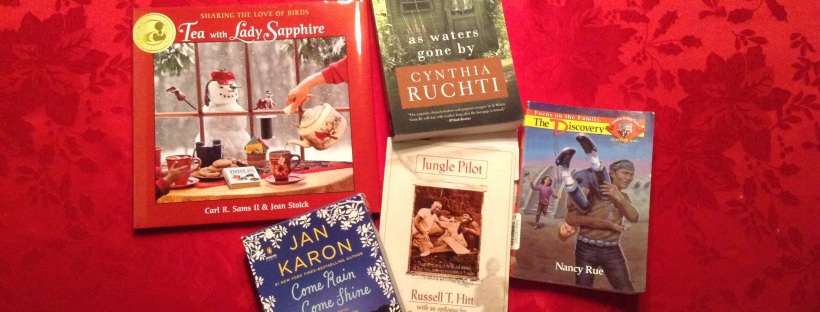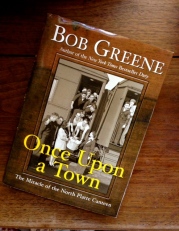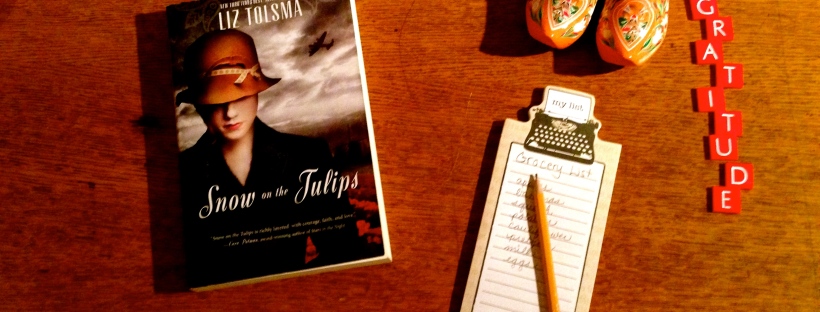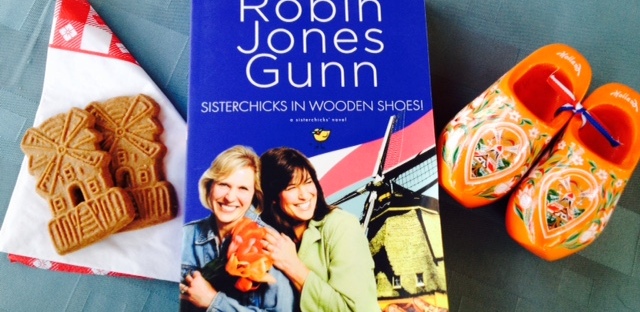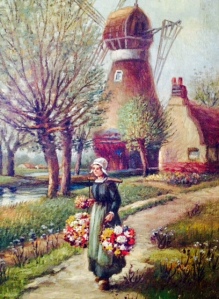Here are five favorite books from 2016. If you haven’t read these yet, perhaps you can check them out in 2017. Happy New Year and happy reading!
Children’s Picture Book: Tea with Lady Sapphire by Carl R. Sams II & Jean Stoick A children’s picture book full of beautiful photographs and a whimsical yet educational story. Introduce little ones to the feathered friends and other critters of the winter forest with this delightful book. Just the thing for a parent (or grandparent) to share with their wee loved ones!
Middle Reader: The Discovery (Book #1 in the Santa Fe Years) by Nancy Rue Will Hutchinson’s world is reeling. Since his father has been fighting in the Pacific theater of WWII, Will and his mom move to Santa Fe. There Will is the only “Anglo” kid in his class at school, meets a Native American girl named Fawn…and discovers something that threatens everything he believed about himself. An engaging way to learn about WWII and Native American life in New Mexico.
Biography: Jungle Pilot by Russell T. Hitt January 8, 2016, marked the 50th anniversary of the death of five missionaries in the Ecuadorian jungle. Nate Saint was one of those five. Within the pages of this book, you will find his life story, including excerpts from his own letters and journals. You can read more thoughts on Jungle Pilot here.
Novel: As Waters Gone By Cynthia Ruchtia Emmalyn knows her husband will soon be free to come back…from prison. The problem is, she isn’t sure he’ll be coming back to her. With dwindling savings and evaporating hope, Emmalyn heads to Madeline Island where she intends to renovate their hunting cabin into her – or possibly their – new home. What she discovers on this island in Lake Superior will change her life in more ways than she ever expected.
Audiobook: Come Rain or Come Shine by Jan Karon, read by John McDonough The tale of the beloved Mitford characters continues with Come Rain or Come Shine. The main attraction? Dooley and Lace are tying the knot! They’re doing everything they can to have what they really want – a simple country wedding – but has planning a wedding ever been simple? Full of the heart, hope and hometown feel that Mitford fans love. The voice of John McDonough brings the story and characters to life.
What were your favorite books from 2016? Leave a comment with your thoughts!
